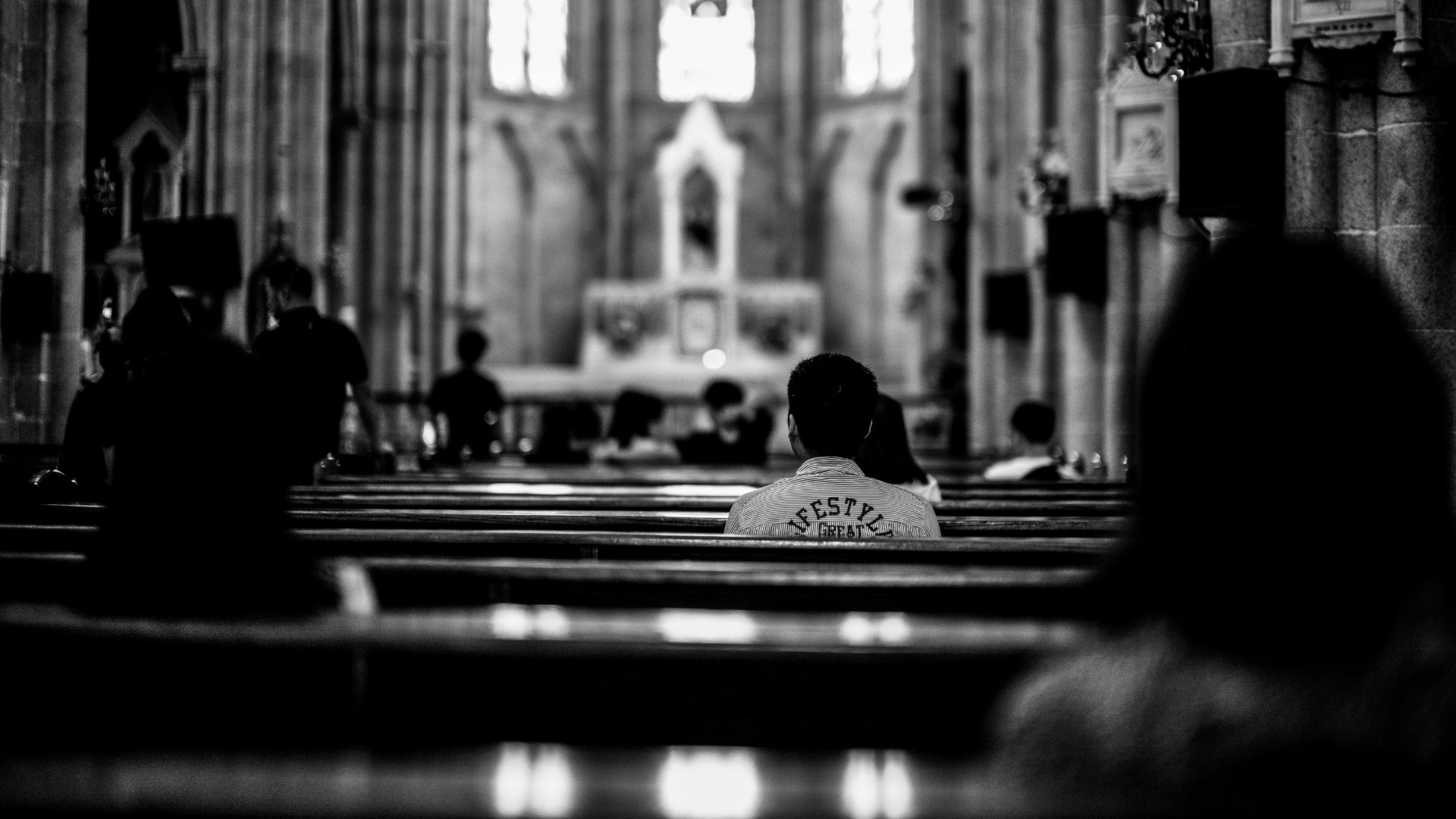After I recently taught on “Homosexuality: Truth and Compassion” and cited 1 Corinthians 6:9–11 during my talk, someone submitted the following question: “Corinthians says the ‘unrighteous’ will not inherit the Kingdom of God, and Paul uses that verse to show ‘fornicators,’ ‘adulterers,’ and the ‘effeminate’ will not inherit the Kingdom. But if I’m a sinner in other ways, does that mean I will not inherit the Kingdom of God?”
That’s a good question. First, let’s look at the passage.
Or do you not know that the unrighteous will not inherit the kingdom of God? Do not be deceived; neither fornicators, nor idolaters, nor adulterers, nor effeminate, nor homosexuals, nor thieves, nor the covetous, nor drunkards, nor revilers, nor swindlers, will inherit the kingdom of God. Such were some of you; but you were washed, but you were sanctified, but you were justified in the name of the Lord Jesus Christ and in the Spirit of our God.
Paul’s message is straightforward and can be broken down in two parts: bad news and good news. The first part is to warn us not to be deceived by thinking we will inherit the Kingdom of God if we engage in fornication, idolatry, effeminacy, or any of the other sinful behaviors listed (Paul’s “vice list”). That’s the bad news.
Paul’s second point is good news. “Such were some of you,” he writes. Although believers in Corinth once engaged in the sinful behaviors listed, they are different now. They have been “washed,” “sanctified,” and “justified.” In other words, they have been saved and made positionally righteous in God’s eyes (justified), have been cleansed of their sin (washed), and are being continually conformed into the likeness of Jesus by the power of the Holy Spirit (sanctified). Being justified means that you inherit the Kingdom of God, which is why this is good news.
The question I was asked at my event is one we all should ask: Will I inherit the Kingdom of God? After all, don’t we all sin and fall short (Rom. 3:23)? Aren’t we all, therefore, “unrighteous” like Paul says?
Yes, it’s true we all sin and will continue to do so, just like every other person on the planet. In fact, even the Corinthians Paul was writing to continued to sin after he wrote his epistle. How is it possible, then, they would have inherited the Kingdom of God, and how can we?
The answer depends on whether we are repentant. Being repentant means that we humbly acknowledge our sin, recognize God’s law, and attempt to live consistently with it (with the help of the Holy Spirit).
The people in Corinth were unrighteous and unsaved sinners (like everyone is before they are saved). Paul even noted their sins in his vice list. During that time, the Corinthians were unrepentant and, as a consequence, disqualified from the Kingdom. At a later time, many of them became repentant and put their trust in Christ and His righteousness, and so they were washed, sanctified, and justified (saved). As Paul writes in his second letter to the Corinthians, “For the sorrow that is according to the will of God produces a repentance without regret, leading to salvation...” (2 Cor. 7:10). Repentance leads to salvation.
The same is true for us. Before we repent of our sinful behavior, we are disqualified from the Kingdom. After we repent and are saved, we are able to enter the Kingdom of God. Even after the point we are saved, we still will sin. This, however, would not disqualify us from the Kingdom. The difference between the people who were engaged in Paul’s vice list and believers who sin is that the former are unrepentant while the latter are repentant.
This principle is also evident from the context of this passage. Several paragraphs before, Paul castigated a Corinthian in the church who was sleeping with his stepmother. (He also admonished his fellow believers for not doing anything about it.) Certainly, the man’s action was sinful, but it was because he was not repentant about his sin that caused Paul to encourage the church in Corinth to remove the sexual sinner from their fellowship. Had the man been repentant, removing him from the church would not have been necessary.
It’s true we all sin and will continue to do so throughout our life. That’s bad news, especially since God demands perfection from us. Those who will inherit the Kingdom of God, however, don’t remain in sin. They are repentant about their rebellion and put their faith (trust) in Christ. This decision results in a critical transaction: Christ’s righteousness is traded for our sin. We are made worthy to enter into the Kingdom of God.
It’s important to note that we don’t do any work to enter into the Kingdom. It’s a free gift from God that’s given when we repent and put our faith in Christ. We are no longer identified by our sin (e.g. fornicators, adulterers, etc.), but by the One who traded our sin away.

